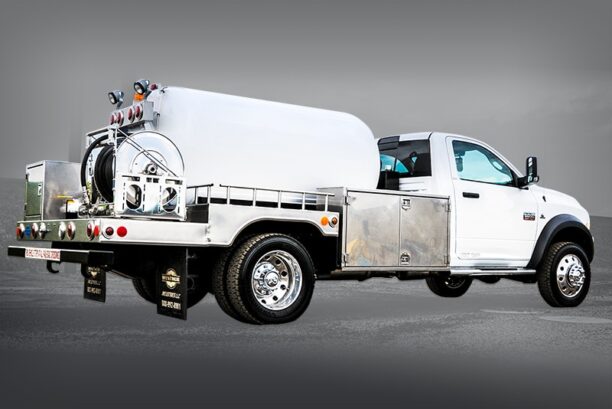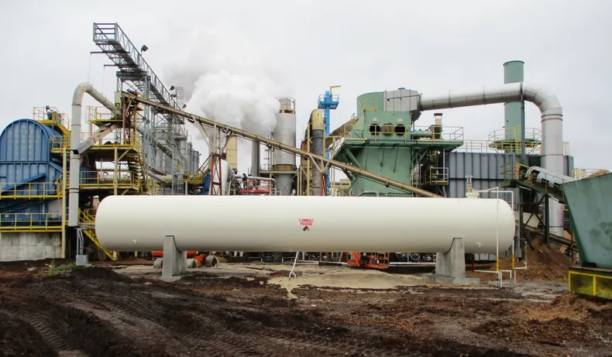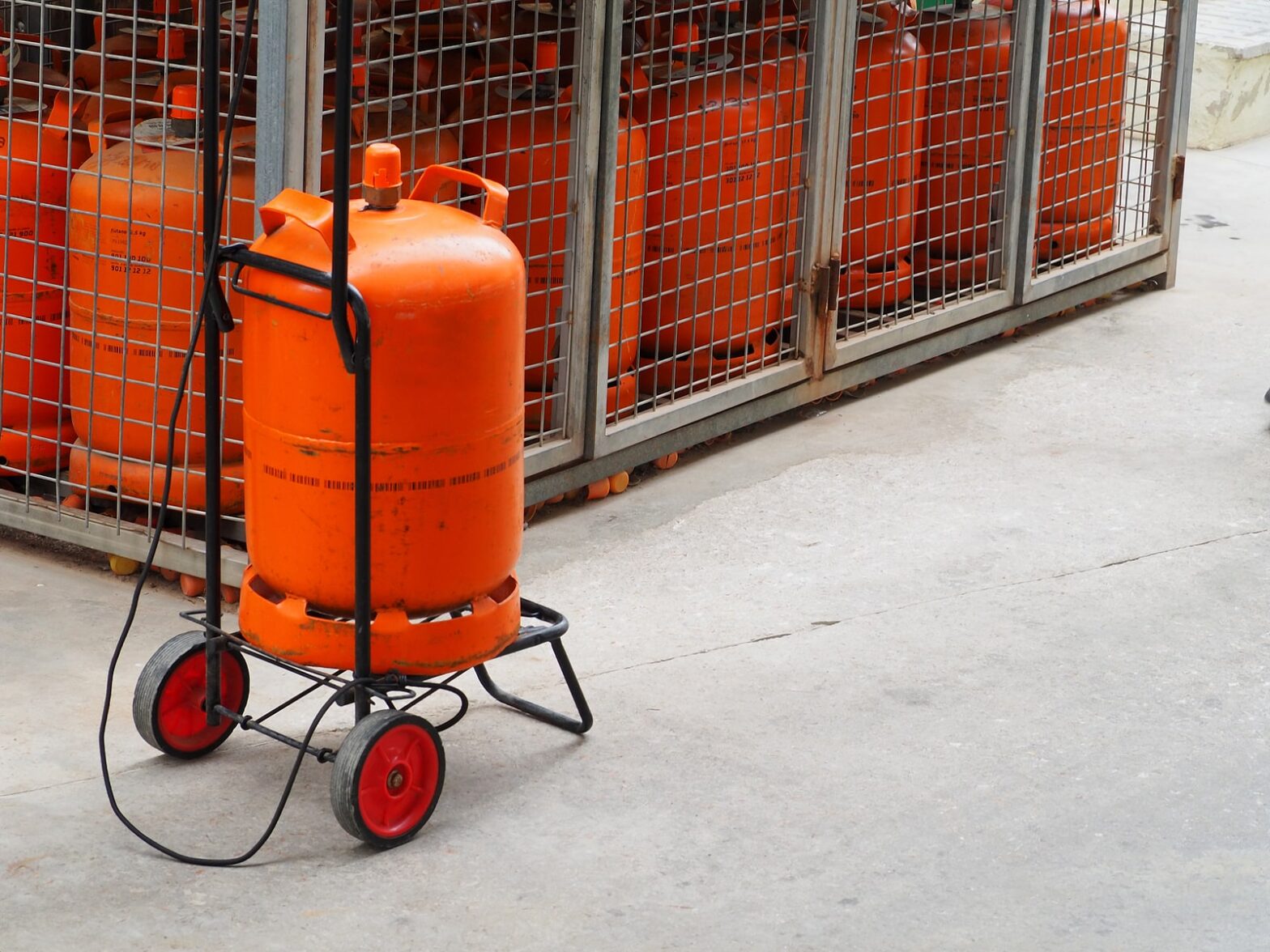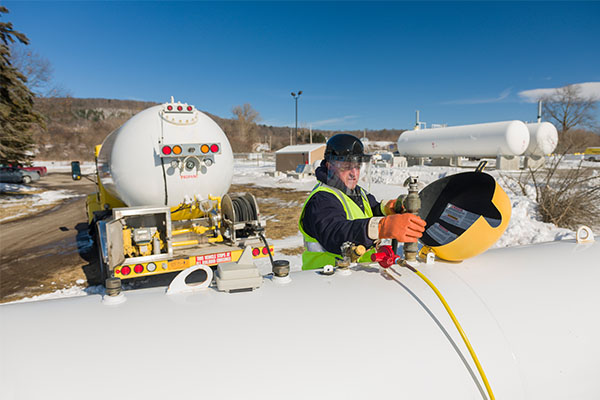Propane, an Answer to the “Environmental Justice” Trend?

In the ongoing battle to reduce emissions and address “environmental justice” issues, it’s evident that a diverse array of energy sources will play a pivotal role in achieving meaningful change. The belief in a single, all-encompassing clean energy solution may need to be revised.
The U.S. Environmental Protection Agency (EPA) has conducted research indicating that lower-income communities bear a disproportionate burden of pollutants compared to their higher-income counterparts. This finding might be easily explained as there are more automobile emissions in cities than outside of cities. Though it is common knowledge that exposure to harmful emissions can lead to severe health problems, including respiratory and cardiovascular issues so the clean aspects of propane can play a critical role.
The time for action is now, and leveraging the various clean energy sources available is essential. Each energy source should be employed where it best fits to propel us toward zero emissions. Propane, in particular, can provide an affordable solution for commercial vehicles, serving as both a dedicated fuel and a recharging option, thus addressing environmental justice issues head-on.
Clean Performance Today and Beyond
Propane autogas is a low-carbon, potent vehicle fuel ideally suited for medium-duty fleets (Class 3-7) covering daily ranges of up to 400 miles with substantial payloads. Modern propane autogas engines surpass EPA standards, emitting 90% fewer pollutants, including virtually no particulate matter and a 94% reduction in nitrogen oxide (NOx) emissions compared to clean diesel engines. Recent advancements have even classified propane autogas engines as near-zero emissions, bringing us closer to zero emissions.
Beyond its role as a vehicle fuel, propane also contributes to clean power generation for electric vehicle (EV) recharging. Innovative portable infrastructure employs a microgrid powered by renewable sources like wind, solar, and propane generators to charge EV fleets entirely off the grid. Propane-powered generators for light commercial microgrids are exceptionally clean, with near-zero NOx and carbon monoxide emissions, alongside a 24% reduction in carbon dioxide emissions compared to diesel generators.
Equitable Solutions for Environmental Justice
Propane offers a clean energy option and is an affordable means to swiftly reduce emissions in communities burdened with higher pollution levels.
Propane autogas significantly reduces overall vehicle lifetime costs as a dedicated vehicle fuel. The fuel can save fleets up to 50% compared to diesel, with reduced maintenance expenses due to its clean-burning properties. Moreover, propane autogas infrastructure is cost-effective, often provided by suppliers at no charge in exchange for a mutually beneficial fuel contract.
In the context of recharging solutions, propane microgrid infrastructure proves to be highly cost-efficient. Portable propane recharging systems are far less expensive than traditional EV charging setups, as they require minimal site preparation and no permanent structures. Cost savings can be substantial, up to 75% or more.
Furthermore, significant funding is available for propane autogas refueling and recharging infrastructure and vehicles through local and federal grants, such as the Infrastructure Investment and Jobs Act. This presents fleet owners with unprecedented opportunities to effect real change in lower-income communities facing heightened pollution levels.
Propane’s role in advancing the “environmental justice” thought becomes evident by combining clean performance with affordability. It is a powerful tool for cleaner and more equitable energy solutions.






















